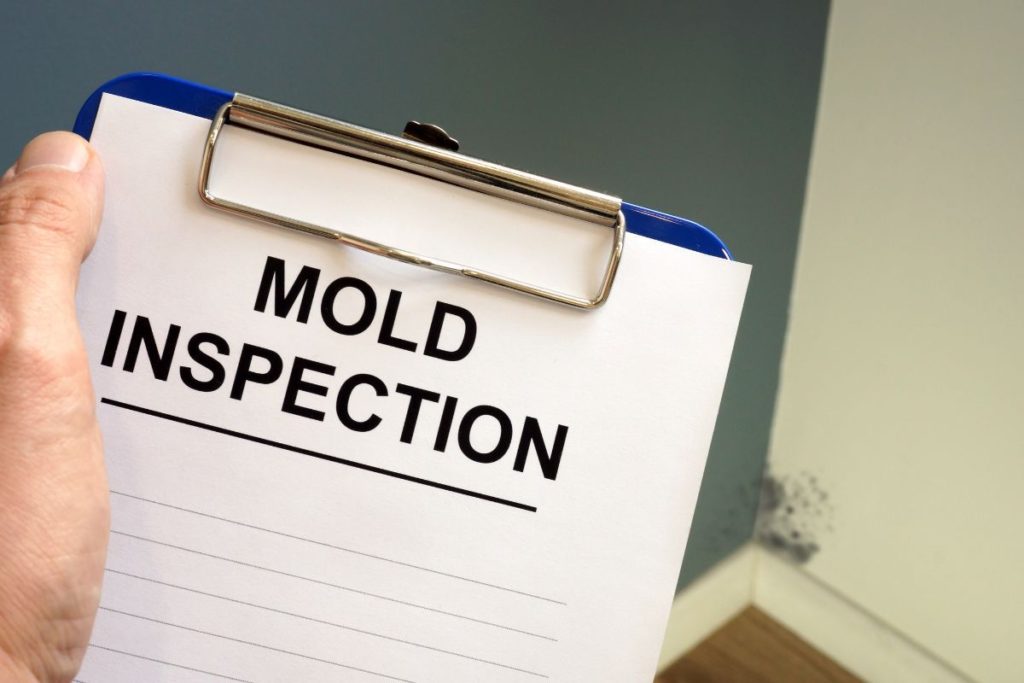The Texas Department of Licensing & Regulation (TDLR) regulates various professions, including mold assessors and remediators. Therefore, your vocational license may be at risk when a customer files a complaint against you. If you find yourself in this situation, you should consult an experienced mold assessment and remediation license defense attorney for help.
The TDLR Complaint Process
The TDLR issues licenses for both mold assessors and remediators as well as for various other occupations. Furthermore, the TDLR monitors the compliance of individuals who work in these occupations with applicable rules and laws. As a result, the TDLR reviews, investigates, and oversees any complaints that involve people who work as mold remediators or assessors.
Initially, the TDLR will determine whether it has jurisdiction over the complaint and whether there is evidence to support a violation of a law or rule that it enforces. A finding of jurisdictional authority and sufficient evidence will lead the TDLR to open an investigation concerning the complaint.
Receiving Notice of the Complaint
If the TDLR opens an investigation, it will notify the license holder and interview all relevant parties, including the license holder, the complaining party, and any witnesses. It also will gather any evidence that supports or refutes the allegations in the complaint. After completing the investigation, the investigator will submit a report to the legal division for review.
Potential Resolution of Complaints Against Mold Assessors and Remediators
Informal Resolution
If the evidence does not support the finding of a violation or warrant formal enforcement action, the TDLR may close the case at that point and notify both parties of the case closure. The legal division also may issue an informal warning letter to the license holder concerning alleged rules or law violations.
Formal Disciplinary Action
If the evidence supports the finding of a violation and warrants formal enforcement action, the TDLR can issue a Notice of Alleged Violation (NOAV) to the license holder. In the NOAV, the TDLR can seek the assessment of administrative penalties and/or the imposition of other sanctions.
Administrative Penalties
Administrative penalties are monetary fines the TDLR can assess on license holders for violations of rules or laws that apply to the occupation at issue. The amounts of these penalties can differ. In determining the appropriate amount of an administrative penalty, the TDLR must consider the following factors under Tex. Occ. Code § 51.302:
- the seriousness of the violation;
- the respondent’s history of previous violations;
- the amount necessary to deter a future violation;
- efforts made by the respondent to correct the violation; and
- any other matter that justice may require.
Other Sanctions
Other sanctions, aside from administrative penalties, can include cease-and-desist orders, injunctive relief and civil penalties, license suspension, and license revocation.
Click to contact our professional license defense lawyers today
Procedures for Resolving Complaints
A license holder may be able to resolve a complaint before the TDLR in many ways. One common mode of resolution is the Agreed Order. When the TDLR issues a NOAV, they may send a settlement offer or Agreed Order to the license holder. The Agreed Order will require the license holder to take or refrain from certain actions specified by the TDLR, based on the circumstances, in exchange for no further disciplinary action. For example, a license holder can sign an Agreed Order, and then the TDLR will monitor the terms of the Order for a specified period. If the license holder rejects the Agreed Order, they must request an administrative hearing within 20 days of receiving the NOAV. Otherwise, the license holder can lose their ability to challenge the alleged violation further.
On the other hand, a failure to respond to the NOAV within 20 days can result in a Default Order against the license holder. A default leaves the dental hygienist with no means of opposing or challenging the allegations against them. Instead, the hygienist is subject to whatever disciplinary action the TDLR imposes, ranging from administrative penalties to license revocation.
Finally, if the license holder rejects the Agreed Order and asks for an administrative hearing, the case is transferred to the State Office of Administrative Hearings (SOAH) for processing. An administrative law judge (ALJ) at SOAH oversees the hearing, which proceeds much like a court trial. The state must prove that a violation of a rule or law occurred, and the license holder must provide evidence to the contrary. The parties can also present evidence of the appropriate sanction if the ALJ finds a rule or law violation has occurred.
After hearing all the evidence, the ALJ issues a Proposal for Decision (PFD), which contains findings of fact and conclusions of law. The PFD also contains the ALJ’s recommendations in terms of sanctions if the ALJ has found that a violation occurred. The TDLR then determines whether to accept, modify, or reject the PFD. TDLR’s determination then becomes a final order.
Complete a Case Evaluation form now
We Are Here to Help You Fight Back and Protect Your License
The mold assessment and remediation license defense lawyers of Bertolino, LLP, can help you navigate the complaint process and gather the evidence you need to defend your license. In addition, we can fight back against allegations of misconduct and work with the TDLR to clear your name. Call us today at (512) 515-9518 to reach the offices of Bertolino LLP, or contact us online.
Call or text (512) 476-5757 or complete a Case Evaluation form





